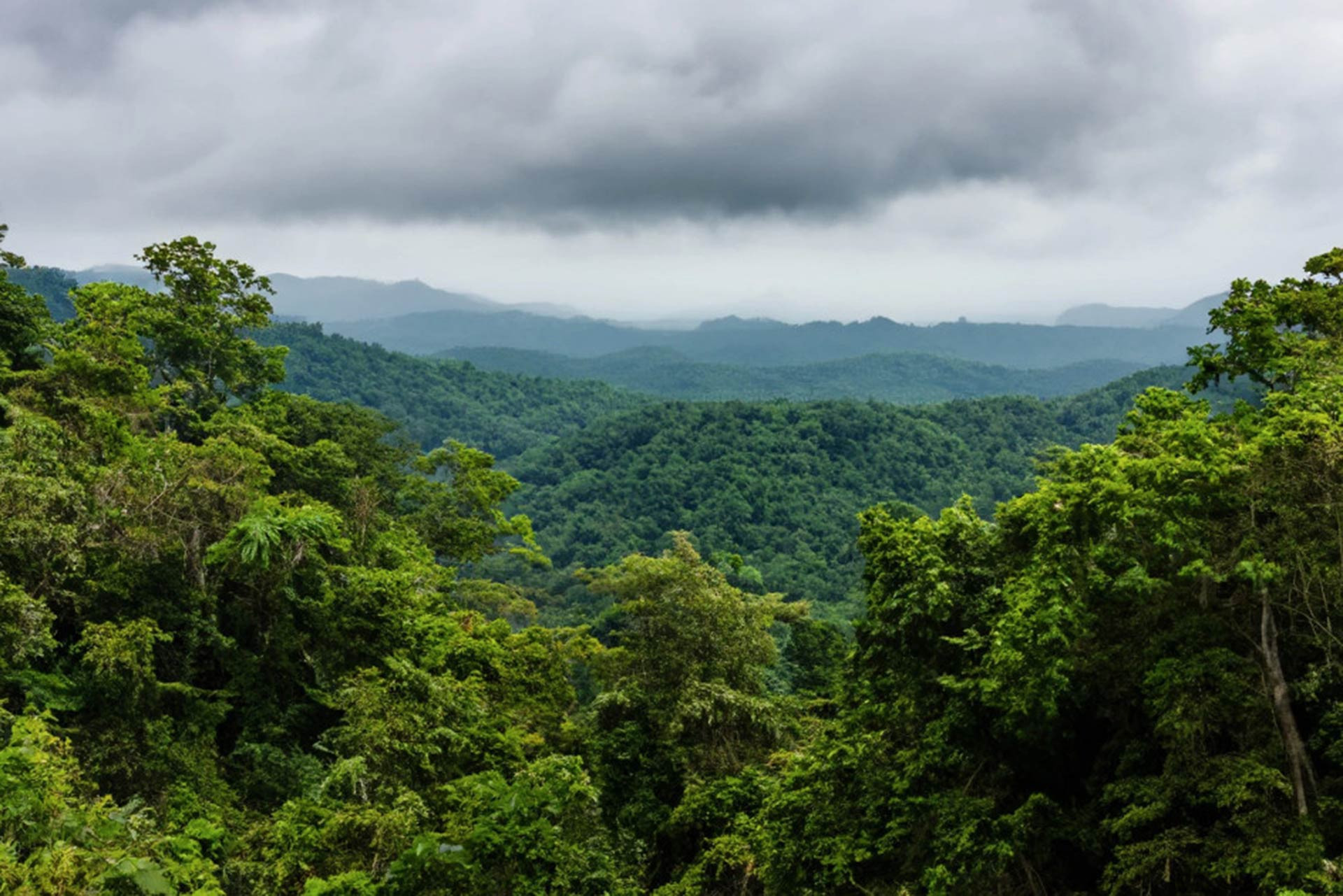
Sustainable development has become a top goal of many countries. At the 2021 United Nations Climate Change Conference (COP 26), the Vietnamese Prime Minister made strong commitments to achieve Net Zero by 2050.
After that, the Government directed ministries and agencies to urgently research and develop programs and plans to implement commitments on climate change and emission reduction.
The scheme on tasks and solutions to implement the results of the COP26 was submitted to the Government by the Ministry of Natural Resources and Environment. It is the basis for the Government Office to review and report to the Prime Minister for approval of the national strategy on climate change to 2050; the action plan to reduce methane emissions until 2030; the national action plan on green growth for the period 2021 - 2030; and the action plans of sectors to implement Vietnam's commitments at COP26.
In the journey to combat climate change, one of Vietnam's important milestones was the negotiation and adoption of the Just Energy Transition Partnership (JETP) on establishing a fair energy transition partnership in December 2022.
At the 2023 United Nations Climate Change Conference (COP28), Vietnam officially announced the plan to mobilize resources to implement JETP.
This shows the country’s determination to realize the goal of developing clean energy, moving towards a future of zero net emissions and sustainable development.
Dr. Nguyen Tu Anh, Director of the Center for Economic Information, Analysis and Forecasting under the Central Economic Commission, said that Vietnam has taken serious sreps in green transformation.
“Vietnam's emission reduction commitment, in the 2022 update, on the emission reduction level determined by the country, which means without any support, was raised to about 15.8% by 2030. If there is support from the international community, it will reach 43%,” he said.
“Vietnam has Power Plan 8, which clearly states the proportion of renewable energy, a roadmap to gradually reduce the proportion of thermal energy, coal-fueled electricity... At the same time, in areas with very large emissions such as transportation, Vietnam has set a goal that by 2050, 100% of vehicles will be powered by electricity," Mr. Tu Anh added.
"It’s a fact that emissions reduction and green transformation is not a process happening within just one country but requires the cooperation of the international community. We are committed to green transition, which is a just transition. Besides our determination and initiative, in the coming time, late-comer countries like Vietnam need stronger support from the international community," he said.
From a micro perspective, this expert said that sustainable development and green transformation policies can only be effective if they are responded to by the residential and business communities.
Deputy Minister of Planning and Investment Nguyen Thi Bich Ngoc told a recent conference themed "Finding growth motivation from ESG" that in the green growth journey, ESG (environmental, social, and governance) is a set of standards measuring and evaluating the sustainable development of businesses.
“Many economic experts believe that ESG is a new game in terms of corporate responsibility to society. Large businesses integrate ESG criteria into their development process, and this is mandatory for businesses if they want to develop in the future," said Ngoc.
Mr. Nguyen Dinh Tho, Director of the Institute of Natural Resources and Environmental Policy Strategy under the Ministry of Natural Resources and Environment, said that recent regulatory changes implementing ESG are mandatory.
"I hope that in the coming time, businesses will approach this as a battle for survival," Tho said.
Ms. Bui Thu Thuy, Deputy Director of the Department of Enterprise Development under the Ministry of Planning and Investment, said: "We have had macro aspects such as national plans, national strategies, and orientations. However, at the level of the Government's action program, each ministry, sector, and business must see what must be done in that ‘picture’.”
According to Ms. Thuy, the Ministry of Planning and Investment is submitting to the Prime Minister a set of national green classification criteria.
This is an important legal framework to implement green growth goals, and is the basis for ministries, agencies and localities to select projects to allocate domestic and international resources, and green credit sources.
“We are also coordinating with ministries and agencies to develop preferential mechanisms and policies. For example, for VinFast or electric vehicles, has the Government taken any action to support charging stations? Are local governments reserving land for businesses to build charging stations? Because without charging stations, customers will not buy green cars or use green cars," Ms. Thuy emphasized.
Hanh Nguyen